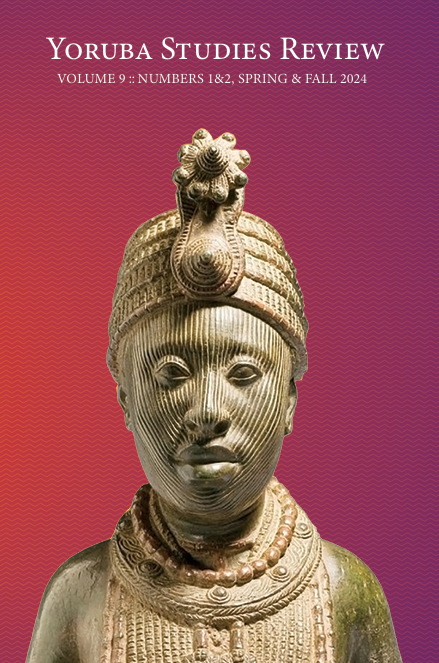Abstract
Oral tradition in both ancient Yoruba and Hebraic cultures has remained challenging in contemporary times. This study therefore comparatively examines the creation, preservation, and documentation of oral tradition in ancient Yoruba and Hebraic cultures with the view to evaluating its transition and historical trajectory. Historical narrative and documentary/archival research methods as well as Key Informant Interview (KII) employed in this study. Data was generated and subjected to content analysis. In Yoruba cosmology, oral traditions created were more concretized in the minds of people through cultural activities demonstrated in the form of moonlight stories, folktales, festivals, and so on that portrayed the community norms, beliefs, practices, and morals. These cultural practices become immortalized through repeated performances over a period and these cultures are being celebrated even to date. On the other hand, the Hebraic people believe that the oral tradition was a creation of God for man and that these traditions passed down orally in successive patterns from one generation to another prior to their documentation. Regarding, the preservation and documentation of oral tradition in ancient Yoruba, it is believed that it is passed from mouth to mouth and through stories from one lineage to another. However, for the Hebraic people, the oral traditions preserved before their documentation as observed in the Hebrew Scriptures as well as seen in the written “Torah” (the first five books of the Old Testament). Consequently, the Hebraic oral traditions preserved through memorization, documented first in the Mishnah and some other ancient documents. Preserved in stories that illustrated the model of a sage who was in the order of Moses and was called the “rabbi”. The influence of globalization, misinterpretation and migration on Yoruba oral traditions remains challenging. This is not an exemption even with the Hebraic oral traditions though written.

This work is licensed under a Creative Commons Attribution-NonCommercial 4.0 International License.
Copyright (c) 2024 Abimbola Fagbe, Ucheawaji G. Josiah, Eleazar E. Ufomba
